There is only one life, so you have to make the most of it. One way is to simplify some daily tasks such as eating. Practical eating does not mean eating foods of low nutritional quality. Maybe when you read this, the "Minimalist Diet" immediately comes to your mind, but you have to be careful with this. I invite you to continue reading this post to see what it's all about.
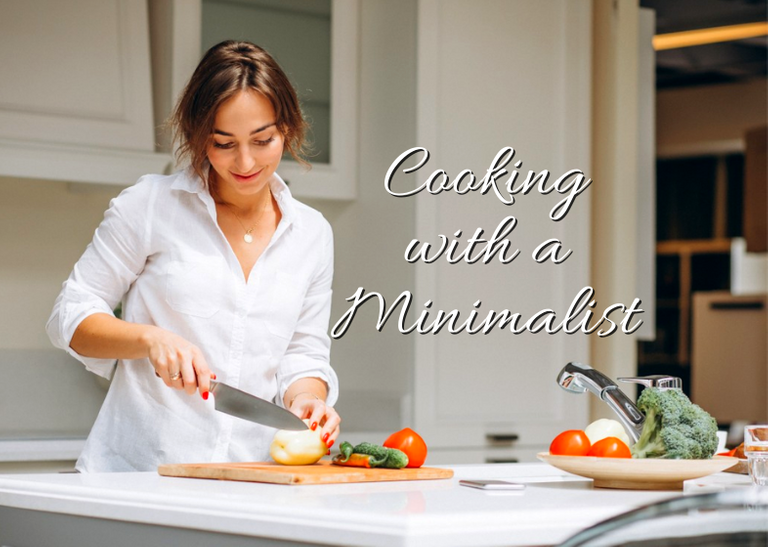

On the internet, we found that since 2019 it became fashionable the "Minimalist Diet", which is nothing more than giving an advertising name for a way of eating with many rules to remember. In reality, eating is as basic as breathing. We cannot complicate it remember many rules, a long list of forbidden foods, and reducing food to a few.
As a nutritionist, I can tell you that minimalism in eating is achieved when we take into account some basic aspects:
Feeding should be varied and should take account the seasons to buying food.
Feeding should cover the body needs of all members of the family (eating in adequate quantities).
The food should have foods that provide energy to the body (carbohydrates), allow the regeneration of tissues (proteins), and strengthen the immune system (vitamins and minerals).
Preparing food should be easy and practical (you don't need to be a great chef).
Based on these principles, it is logical to minimize sugar, salt, and animal fats (butter, bacon, egg yolks, etc.) as much as possible.
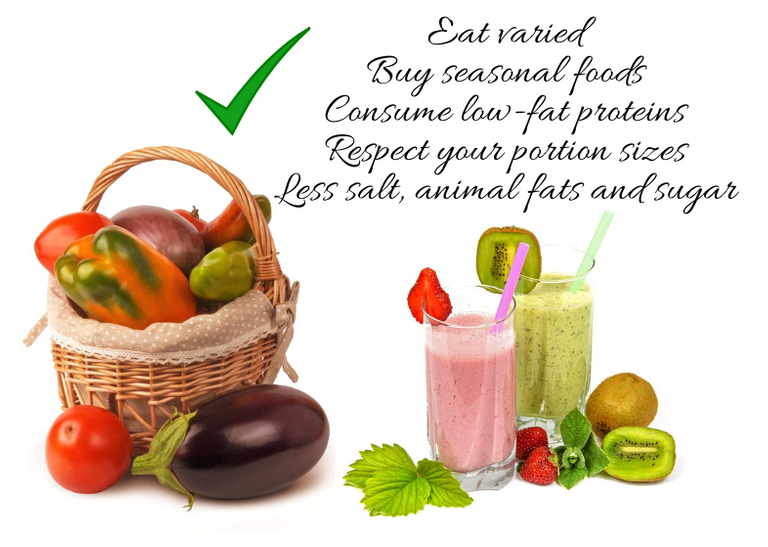
To achieve a healthy diet, it is important to emphasize that we must maintain the integrity of our digestive system since it is there where the fundamental nutrients are absorbed. Also, where our body does not require is discarded. In addition, 70% of our immune system cells are in the intestine, did you know? so, is essential to consume vegetables, fruits, whole foods, and water to promote proper intestinal function.
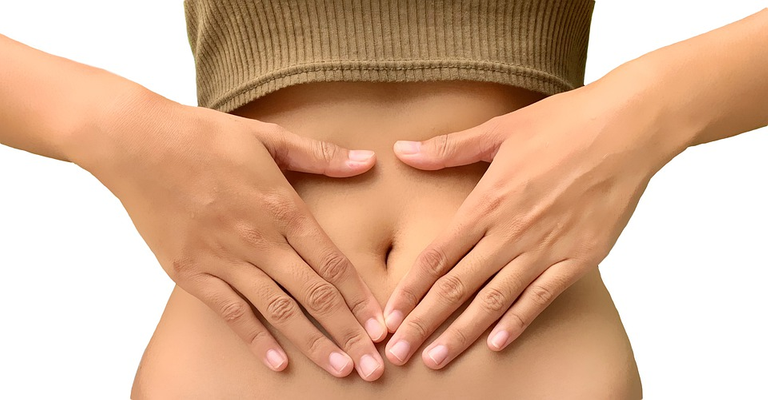

To be minimalist is to be practical in our choices. Choose vegetables and fruits of intense colors (reds, greens, oranges, yellows) as they are abundant in phytochemicals (biologically active substances) that help the functioning of our body and fight some pathogens such as viruses, bacteria, even activate the immune system to detect some malignant cells and fight them. Therefore remember to buy vegetables and fruits by color and not by a long list of names as many of them may not be to your liking or are not available because of the season.
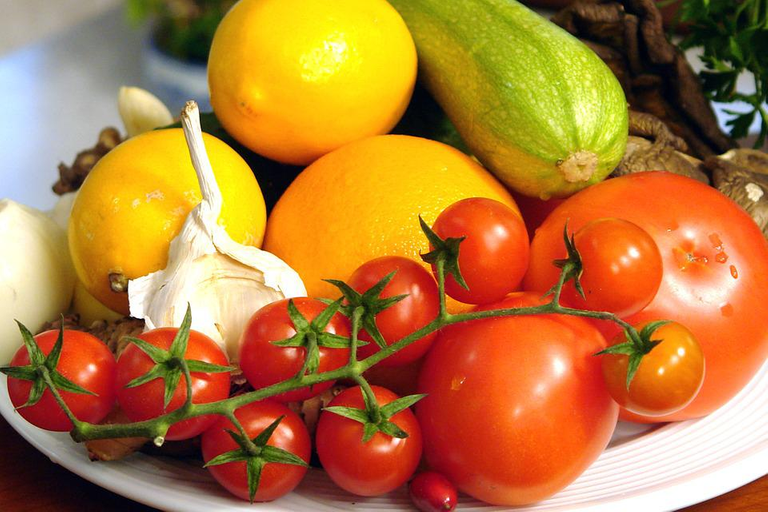
Concerning proteins, consume low-fat proteins such as chicken, and fish and plant-based proteins such as tofu, and tempeh. With dairy products there is controversy, but if you are not lactose intolerant, you can consume them and choose cheeses that are not high in salt. A dairy food that should not be missed is yogurt. If this food is to your liking, it is one of those that maintain the balance of the intestinal flora. Remember that part of the immune system is in the intestine.
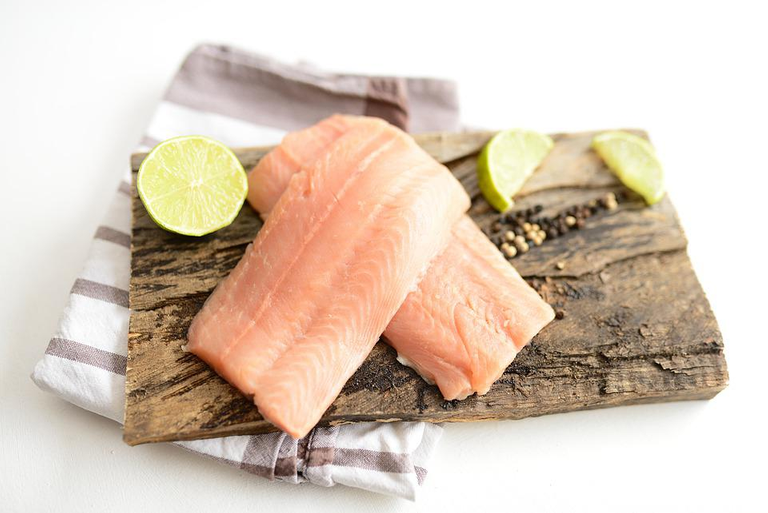
Using spices and aromatic herbs in your meals (rosemary, basil, parsley, cilantro, mint) is a way to minimize the use of salt. Using spices naturally enhances the flavor of your food. At home, in the fall and winter season, I enjoy spices that I dry homemade. When I have fresh herbs, I dry them in the sun and store them in jars that keep their aromas and flavor for at least six months.
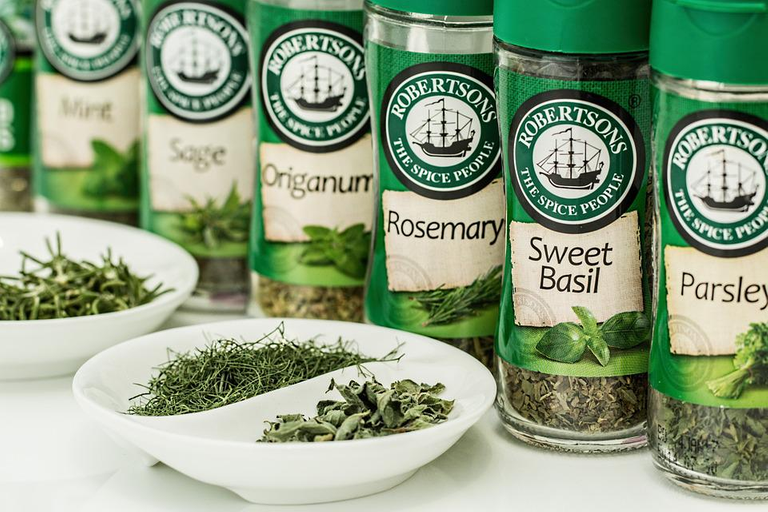
I don´t have complex to use canned foods. Sometimes they make meal preparation easier. However, these only represent 10% of my purchases. I use them only in case of emergency. I am not against frozen foods either: I prefer to freeze them myself. What do I mean by that? When I have time, I cook varieties of legumes such as black beans, red beans, white beans, and chickpeas. They are foods that require several hours of cooking, so I take a day and cook them with a little salt, and when they cool down, I freeze them in separate containers. When it's my turn to use them, I thaw them and add other ingredients, and in half an hour, I have a delicious stew with these beans. I do the same with vegetables. When I buy fresh beans and broccoli, I cook them briefly for 3 minutes, let them drain well, and then freeze them in airtight bags. They have a shelf life of six months in the freezer, so one day, when I don't have time, I put a pot of water on to boil and pour them straight from the freezer, and I have cooked vegetables ready to make a salad. What else do I freeze? I freeze peeled yucca, peeled parsnip, pumpkin, whole corn, and fruits like strawberries and blackberries to make some juices or desserts in the fall or winter season.
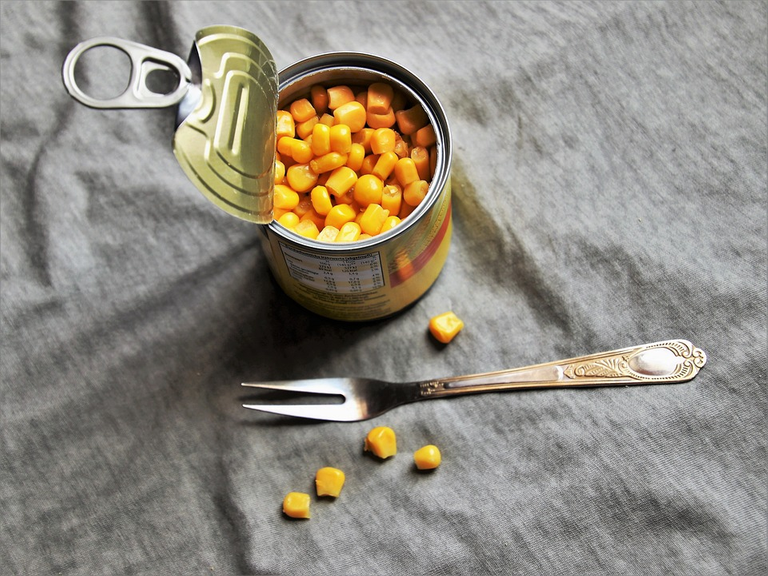
I always count as carbohydrates source on rice, potatoes, cassava, and beans. These are foods that I alternate their use. Remember that being minimalist does not mean being monotonous and boring.
Don't forget to have fats in your pantry. Try they are of vegetable origins such as olive oil, sesame, or pumpkin seeds, nuts such as walnuts, almonds, or peanuts. These foods are useful to complement your meals.

One way to save money is to plan your meals simply. You need to know what proteins you want, what vegetables will be the side dishes, and what carbohydrates you will use.
A healthy diet should have good consumption of vegetables either in salads, cooked, gratin, or sautéed, so I take advantage of the times of the year when some of them are cheap. For example, at home, we love tomatoes. During the tomatoes season, I eat them fresh, but I also buy several kilos to make tomato sauces or dry them and store them in oil. Storing tomatoes this way allows me to quickly and easily prepare delicious pasta. I do the same with eggplants, peppers, zucchini, and mushrooms. With seasonal fruits, I prepare jams and chutneys (mango, tomato).
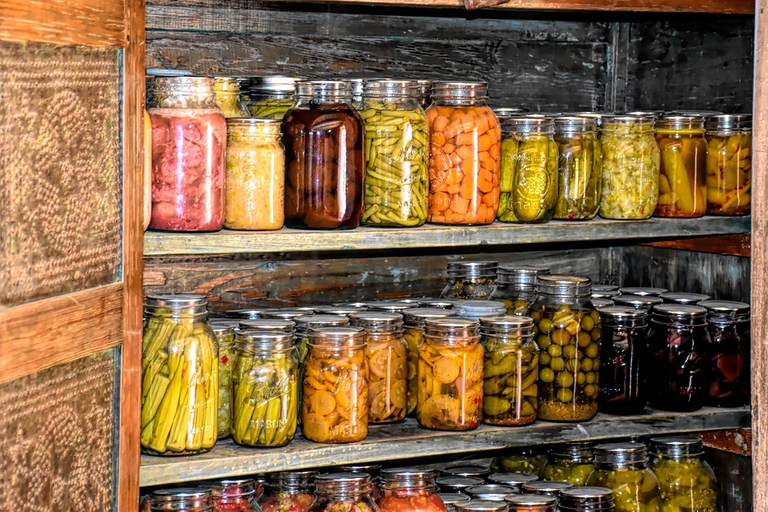

The way you prepare your food depends on how much time you have. On days when I have very little time, I open a can of tuna and add natural tomato sauce and cook it for 5 minutes. I season it with herbs and salt and add it to pasta. I always have cooked vegetables in the refrigerator and prepare a salad with beets, beans, and cauliflower, dressed with olive oil, lemon or vinegar, and a pinch of salt. This meal only takes me 30 minutes to prepare.
However, there are days when I have a lot of time, and I take the opportunity to make more complex preparations. For example, I cook stewed meats, and if there are leftover portions, I freeze them to eat them one day when I don't have time. Always try to prepare easily digestible meals, your stomach will thank you for it.
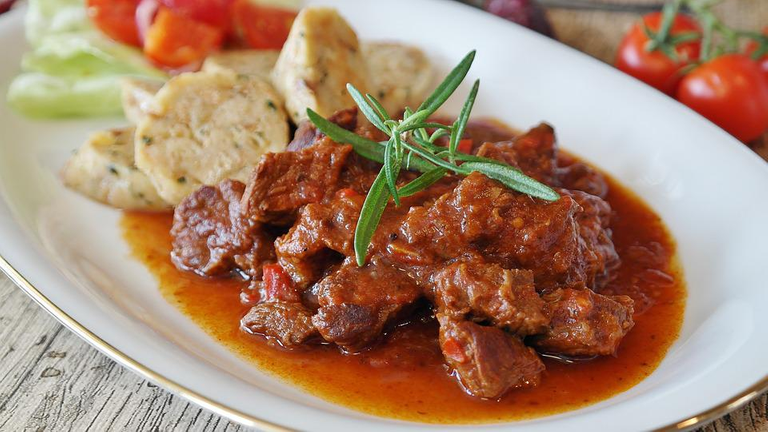

Practicing minimalism in the kitchen means being practical and taking some recommendations to consume healthy foods. What about sweets and fried foods? Well, they are also on my menu but not frequently. The secret to healthy eating is to understand that there is no bad food. The problem arises when we abuse the frequency of its use and the quantities we consume.


I hope these tips can help you be practical when buying and preparing your food. Less stress is more quality of life!







